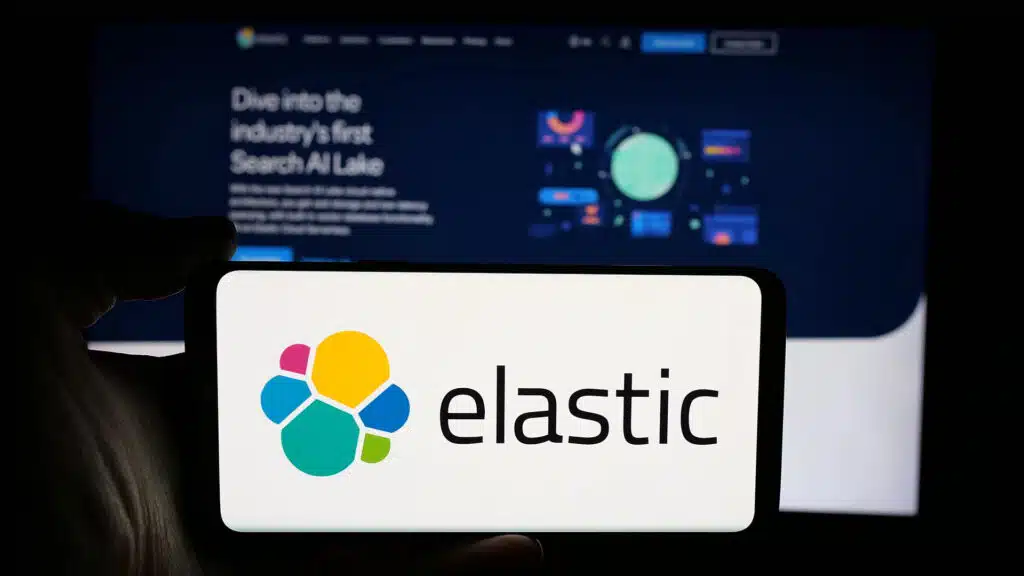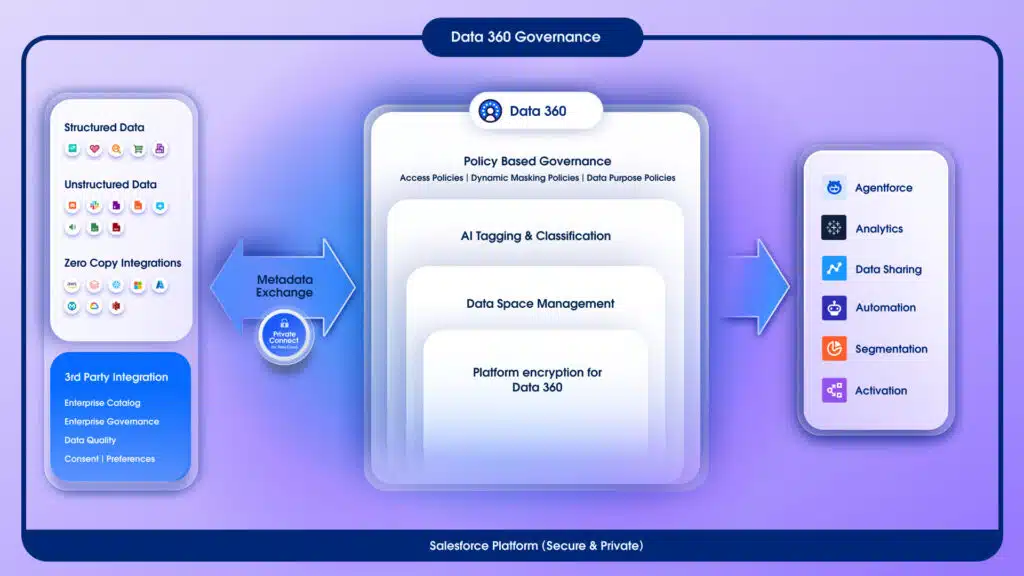The News: In early September, Intuit announced Intuit Assist, a new generative AI-powered assistant that is designed to provide personalized, intelligent recommendations across its platform and products. The assistant is powered by the company’s proprietary generative AI operating system (GenOS) that was trained on Intuit financial large language models (LLMs) that are fine-tuned to solve tax, accounting, cash flow, personal finance, and marketing challenges. Intuit Assist combines the power of LLMs with relevant contextual data sets across the small business, consumer finance, and tax domains to provide personalized and relevant assistance to individuals and small and midsize businesses (SMBs).
Intuit Assist is in beta testing programs for each product and will become more widely available in the next several months:
- Intuit Assist for TurboTax is available now to consumers in the US for the extended 2022 tax deadline on October 16, and will be generally available in the US and Canada for the 2023 tax season in January 2024.
- Intuit Assist for Credit Karma is available now in private beta testing in the US, with general availability targeted for early 2024.
- Intuit Assist for QuickBooks is available now in private beta testing in the US, and slated for open beta testing in the US in Q4 2023.
- Certain features of Intuit Assist for Mailchimp are available now in beta testing for select customers in the US, UK, Canada, and Australia, with general availability for marketing applications in Q4 2023 and customer relationship management applications in Q1 2024.
You can read a press release containing details of the announcement on the Intuit website.
Intuit Assist Brings Generative AI to Consumers and SMB Customers
Analyst Take: Intuit announced Intuit Assist in early September. The generative AI-powered assistant is designed to leverage relevant contextual data sets spanning small business, consumer finance, and tax to deliver personalized financial insights to consumer and small business customers. Intuit Assist is designed to intuitively show, guide, help, and handle the complex work that is often completed in TurboTax, Credit Karma, QuickBooks, and Mailchimp. Intuit Assist also connects customers to relevant experts on its Live Platform to provide personalized and contextual human assistance when required.
As an example, a customer using TurboTax equipped with Intuit Assist is automatically provided an in-depth explanation of why they owe a certain amount of money this year versus the previous year. The explanation is based on the personal data that is input into TurboTax, which is then correlated with the generative AI model that has been trained on tax forms and similar questions from other customers, and insights captured from Intuit’s own experts. If the customer has additional questions, they can either type in a query or connect to a tax expert that shows up as a video experience. In the background, the expert is provided with all the relevant information about the user’s question, including data, so that there is a smooth handoff. Further, Intuit Assist is taking notes for the expert so that they can focus on what the customer needs. Intuit Assist also automatically summarizes and categorizes the conversation so that if the customer calls back, the next expert advisor gets all that information, bringing them up to speed immediately.
The coming general availability of generative AI functions within a consumer- and SMB-focused application portfolio is indicative of the massive demand for more intuitive and insightful experiences when using software. As individuals and SMBs have experimented with ChatGPT and other LLMs via a basic prompt interface and seen the potential for generative AI to improve efficiency, Intuit’s approach to incorporating these generative AI features within Intuit Assist at no extra cost is smart; switching costs for consumer- and SMB-focused software is low, and vendors need to continually improve the functionality, power, and ease of use to improve stickiness.
Data Practices to Secure Customer Trust in Generative AI
According to Ashok Srivastava, SVP and chief data officer at Intuit, who took me through Intuit’s overarching AI strategy, the announcement is the culmination of Intuit’s plan to transform from being a tax and accounting platform to an AI-driven expert platform that leverages technology to solve its customers’ most pressing issues. Srivastava says that Intuit has been able to leverage 60 PB of data, incorporating customer and financial attributes, tax and financial attributes, and transaction attributes to help train the proprietary generative AI models that power Intuit Assist. In addition to its own LLMs, Intuit leverages other LLMs, including open source, using private hosted instances to help safeguard its customers’ data.
Srivastava notes that Intuit has a strict data privacy policy; no customer data is used to train LLMs. However, Srivastava says that Intuit does train its LLMs on public-domain information, such as tax forms, and on customer-Intuit conversations, with explicit permission from the customer. Customer data, according to Srivastava, is only used to personalize the output of these generative AI insights and recommendations, and all customer data is held within and restricted to Intuit company databases.
This approach has allowed Intuit to embed Intuit Assist within each of its applications, thereby providing personalized, relevant, and contextual information and insights, making it easier for customers to solve their problems quickly and efficiently. Further, this personalized approach allows the customer to quickly connect with live agents that are best suited to assist with a specific problem or question.
A Thoughtful Approach to a Generative AI Operating System
Beyond the customer-facing functionality of Intuit Assist, Intuit’s GenOS reflects a comprehensive, enterprise-focused approach to empowering its technologists to design, build, and deploy AI and generative AI-driven products quickly and efficiently. Srivastava, who took me through the OS design and Intuit’s overarching AI strategy, highlighted the multifaceted elements of the company’s GenOS:
- GenStudio: A dedicated development environment that allows Intuit developers to rapidly experiment with and refine generative AI experiences.
- GenRuntime: An intelligent layer designed to access the right data and platform capabilities, choose the right LLM in real time, and orchestrate and execute an action plan personalized for the customer.
- GenUX: A library of consistent customer interfaces and flows that ensure a clear and delightful generative AI experience.
- LLMs: Custom-trained financial LLMs fine-tuned to solve tax, accounting, personal finance, and marketing challenges.
Intuit’s approach of developing a complete generative AI OS illustrates the company’s comprehensive approach to truly embedding AI across the organization. Instead of simply plugging in an LLM to offer a basic use case, such as context summarization or information retrieval, Intuit is designing its platform so that customers have a tailored and curated user experience via Intuit Assist.
Further, Srivastava explains that Intuit is also going to be investing in training its workforce so that they fully understand this technology and can use it to accelerate their development, regardless of which area they work in, whether it is engineering, marketing, sales, finance, or human resources. The company expects generative AI to power internal experiences within Intuit over time.
Disclosure: The Futurum Group is a research and advisory firm that engages or has engaged in research, analysis, and advisory services with many technology companies, including those mentioned in this article. The author does not hold any equity positions with any company mentioned in this article.
Analysis and opinions expressed herein are specific to the analyst individually and data and other information that might have been provided for validation, not those of The Futurum Group as a whole.
Other insights from The Futurum Group:
Exploring the Ins and Outs of the Generative AI Boom
Survey Finds Consumers Are Wary of Generative AI
Author Information
Keith Kirkpatrick is VP & Research Director, Enterprise Software & Digital Workflows for The Futurum Group. Keith has over 25 years of experience in research, marketing, and consulting-based fields.
He has authored in-depth reports and market forecast studies covering artificial intelligence, biometrics, data analytics, robotics, high performance computing, and quantum computing, with a specific focus on the use of these technologies within large enterprise organizations and SMBs. He has also established strong working relationships with the international technology vendor community and is a frequent speaker at industry conferences and events.
In his career as a financial and technology journalist he has written for national and trade publications, including BusinessWeek, CNBC.com, Investment Dealers’ Digest, The Red Herring, The Communications of the ACM, and Mobile Computing & Communications, among others.
He is a member of the Association of Independent Information Professionals (AIIP).
Keith holds dual Bachelor of Arts degrees in Magazine Journalism and Sociology from Syracuse University.







